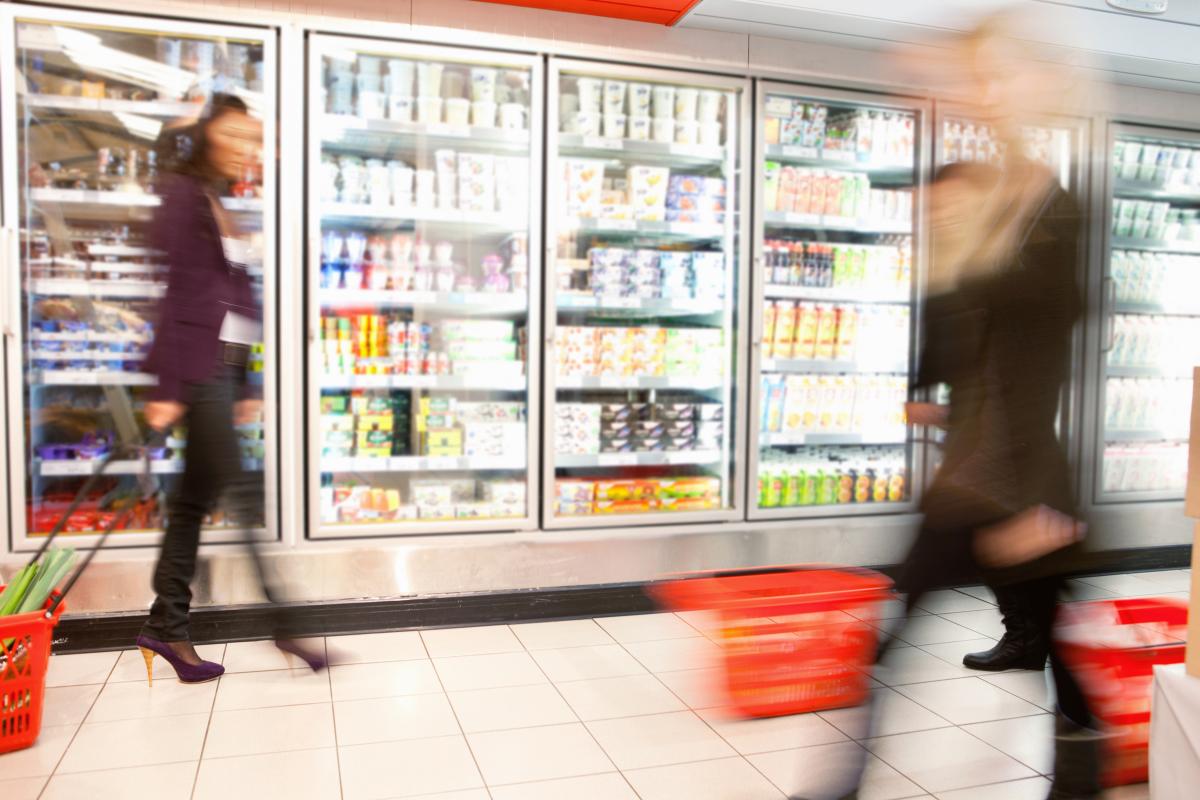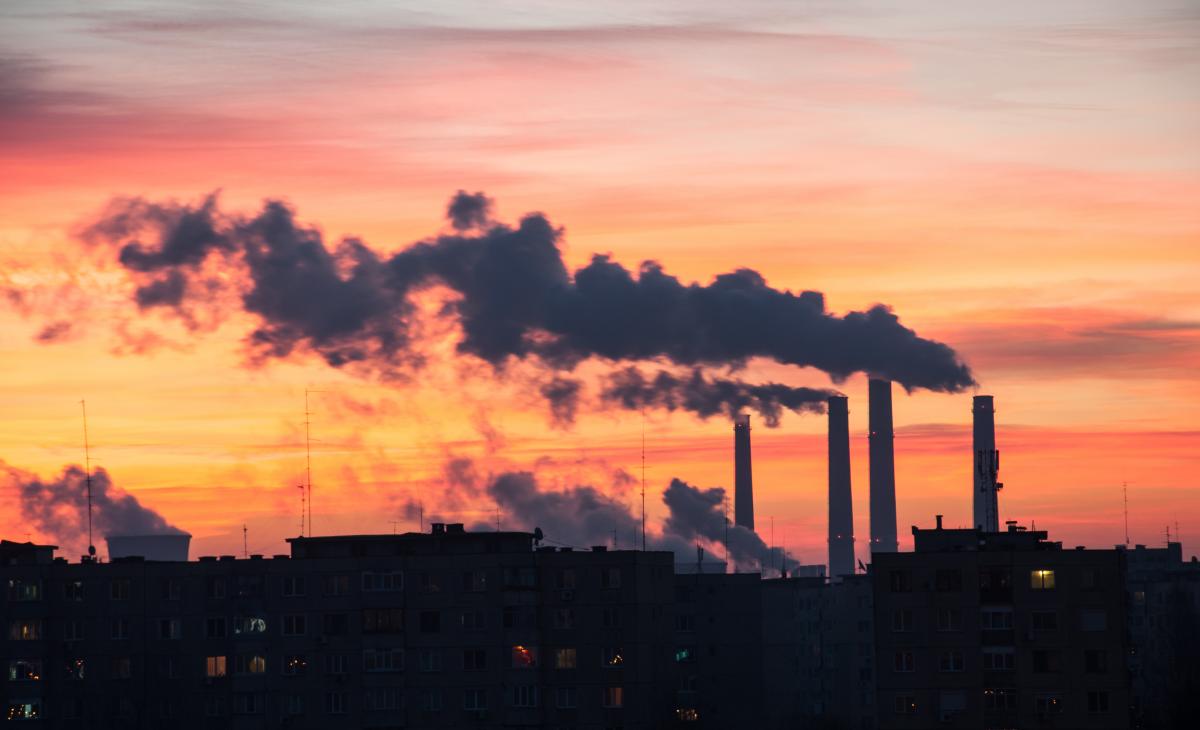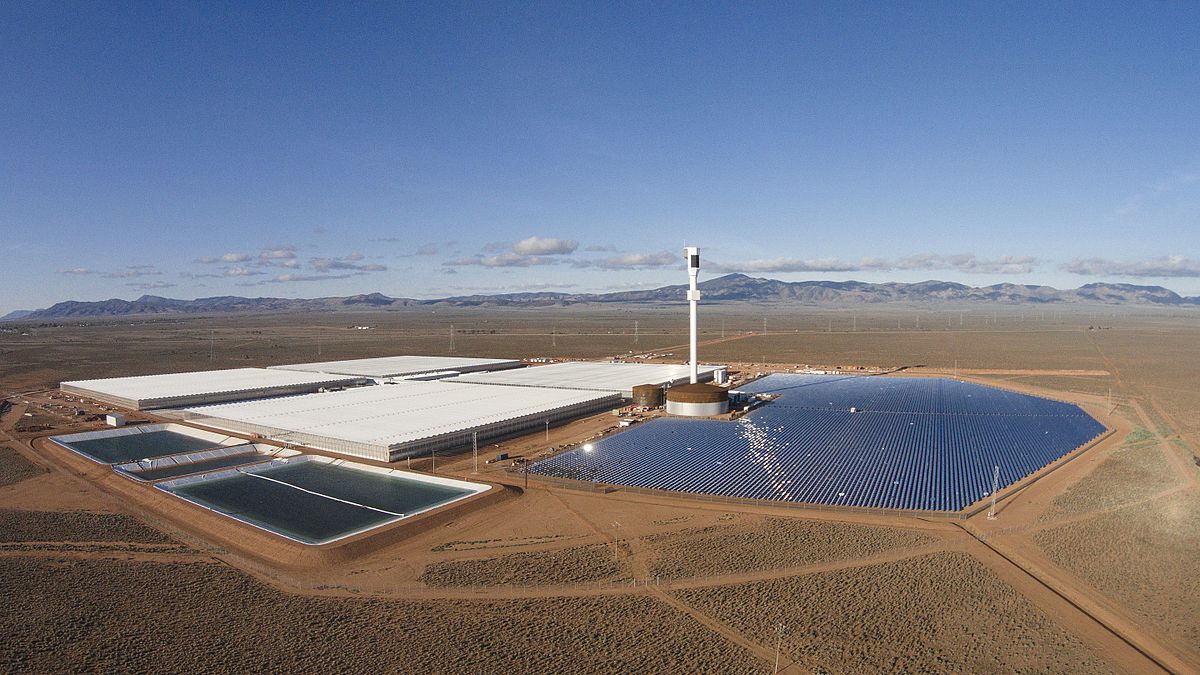Unilever's reputation on the line, aviation agree to limit CO2, and why the TTIP is not done yet
Unilever ‘risks reputational damage’ in Tesco spat
Unilever could come off the worse in a row with UK supermarket giant Tesco over price rises on its brands, some analysts predict. The Dutch company’s decision to halt deliveries to Tesco after it refused to accept a 10% price rise on its brands led television news and national newspapers and went viral on social media under the hashtag “Marmitegate”.
Graeme Pitkethly, Unilever’s finance chief, said that the price increases in its 40 UK brands, which include Marmite and Ben and Jerry’s, were to offset the pound’s fall against the euro post-Brexit. Kathleen Brooks, research director of City Index, was among those commentators predicting that Tesco would stand its ground. “Overall, this standoff is not good for anyone, least of all Unilever, who could see reputational damage here in the UK. They are also likely to lose market share if its goods are not stocked in Tesco.”
However Nicholas Hyett at Hargreaves Lansdown said the strength of Unilever's brands "gives it the power to increase prices with only minimal impact on demand for its products …Tesco may choose to stand its ground on pricing, but history suggests that if other retailers can stomach the increase, consumers will be willing to stump up to get their Unilever fix.”
Aviation agrees to limit CO2
The International Civil Aviation Organisation (ICAO) has agreed to a scheme under which greenhouse gas emissions from aviation should not grow above their 2019-2020 levels. At a meeting in Montreal 65 countries said they would implement the Carbon Offsetting and Reduction Scheme for International Aviation (Corsia) from 2020. The total emissions of flights between the countries will be monitored, and if they rise airlines will have to compensate by paying for carbon-reduction credits, such as those from renewable energy projects.
After 2026, Corsia will become mandatory for all 191 ICAO member countries. ICAO said the agreement was “historic” but others were not so sure. Aviation is seen as a laggard in tackling emissions. Critics said Corsia would allow the sector to increase its emissions, and pointed out that carbon offsets have a patchy track record.

Consumer Goods Forum moves on HFCs
Big brands and retailers represented by the Consumer Goods Forum (CGF) promised to crack down on high global warming potential refrigerant gases ahead of a meeting of the parties to the Montreal Protocol on Substances that Deplete the Ozone Layer in Kigali, Rwanda this week. The CGF's 400 member-companies, representing €3.5tr in annual sales and 10 million jobs, adopted a refrigeration resolution in which they promise by 2025 to upgrade their commercial fridges to remove hydrofluorocarbons (HFCs) where possible, and replace them with natural alternatives. HFCs can have a global warming effect up to 23,000 times greater than carbon dioxide. The Kigali meeting seeks to agree an amendment to the Montreal Protocol that would limit HFC use.

TTIP: down but not out
Talks continue on the Transatlantic Trade and Investment Partnership (TTIP), the mega trade deal between the United States and the European Union, despite a major civil society backlash. Negotiators met most recently from 3-7 October in New York, where they discussed smoothing the passage of goods by aligning customs procedures and regulatory standards. However negotiators acknowledged that TTIP is unlikely to be concluded by the time President Barack Obama leaves office at the end of 2016, a factor that is likely to cause delays, if not the scrapping of the agreement should Donald Trump become president.
Though the politicians behind TTIP promise it will bring greater prosperity, opposition has been fierce, with trade unions and NGOs organising protests. Even some countries, such as Austria and France, have expressed doubts. Protests have focused on how TTIP could allegedly undermine environmental and worker protections by taking decisions out of the hands of governments. But EU lead negotiator Ignacio Garcia Bercero stressed after the New York meetings that there was no intention to create “any kind of supranational body with decision-making power.”

Europe’s coal plants ‘failing to limit pollution’
More than half of the European Union's coal-fired power plants are making use of exemptions to pollute above legal limits, according to a new research report from a consortium of environmental groups led by the European Environmental Bureau. Out of 257 coal power stations, 143 use the exemptions, which are supposed to be used only in exceptional circumstances. The exemption users include all the remaining coal plants in Finland, Spain and the United Kingdom, and most of them in the Czech Republic and Poland. If all EU coal plants followed best practices for limiting air pollution, the number of premature deaths they cause could be cut from 22,900 currently to less than 9000, according to the Lifting Europe’s Dark Cloud report.

Denmark, Switzerland and Sweden leading on energy
Denmark, Switzerland and Sweden are the top three countries for the sustainability of their energy systems according to the World Energy Council. WEC’s annual Energy Trilemma Index ranks 125 countries in terms of their ability to provide secure, affordable and environmentally sustainable energy systems. Only 13 countries achieved a triple-A score, showing strong performance across the board.
And while the UK (ranked 11) and Germany (5) were among them, both countries were also on the World Energy Council’s “negative watch list”. The report said problems for Germany included the continuing high cost of its energy transition and reforms to its renewables support scheme. For the UK, the report said investments in the nuclear and gas sectors could be affected by energy security concerns and an uncertain regulatory sector. And it said political events had created uncertainty around its climate and energy policy.
While the US had improved its overall ranking to 14, the report said it “faces a key challenge in addressing its ageing energy transmission, storage and distribution systems”, along with energy security concerns about its aging coal-fired and nuclear plants.

Growing tomatoes with sunlight and seawater
A commercial tomato farm in the South Australia desert is set to become the first in the world to grow vegetables using only sunlight and seawater.
New Scientist reports that a solar-power desalination plant built by Danish renewables developer Aalborg will remove salt from seawater piped 2km to Sundrop Farms, a sustainable agriculture firm. The desalinated water will irrigate 180,000 tomato plants inside four greenhouses, which will grow in coconut husks instead of soil, removing the need for pesticides.
The solar power is generated by 23,000 mirrors, which will reflect sunlight towards a 115m concentrated solar power tower. The electricity generated will be enough to power the desalination plant and supply the greenhouses’ lighting and heating needs. It is the first large-scale CSP project to provide multiple energy streams for horticulture.


